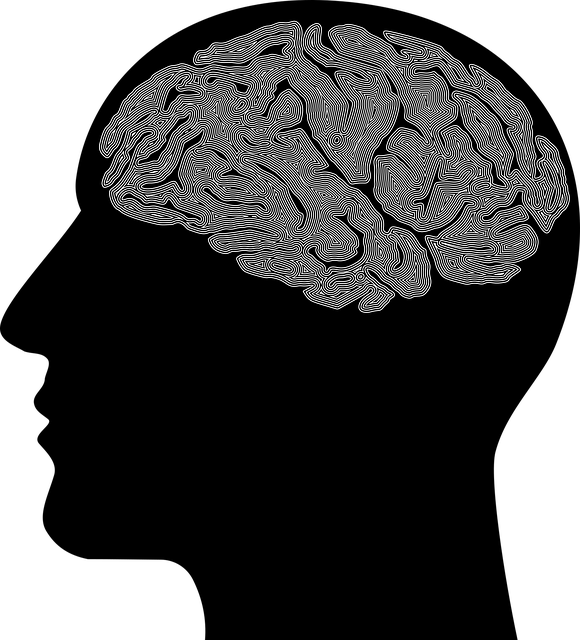Centennial Russian Speaking Therapy focuses on teaching effective coping skills and adaptive behaviors as key components of its therapeutic journey, aiming to prevent burnout among healthcare providers. This approach, culturally sensitive to the Russian-speaking community, integrates traditional psychological theories and practices, using narrative and symbolism from Russian literature for emotional healing. Therapists collaborate with clients to identify triggers and develop personalized coping strategies that include positive thinking, mindfulness, open dialogue, and support networks. By fostering resilience, Centennial Russian Speaking Therapy equips individuals to manage stress and navigate life's challenges successfully, while also advocating for community engagement in mental health policy to promote healthy coping on a broader scale.
Coping skills development is a vital component of therapeutic journeys, empowering individuals to navigate life’s challenges. This article explores three key aspects of enhancing coping abilities. We begin by delving into the understanding and significance of these skills in therapy. Subsequently, we present the Centennial Russian Speaking Therapy Approach, offering a cultural lens on coping mechanisms. Lastly, practical strategies are provided for cultivating effective coping tools, drawing from this unique therapeutic perspective.
- Understanding Coping Skills and Their Significance in Therapeutic Journeys
- The Centennial Russian Speaking Therapy Approach: A Cultural Perspective on Coping
- Practical Strategies for Developing Effective Coping Skills
Understanding Coping Skills and Their Significance in Therapeutic Journeys

Coping skills are adaptive behaviors and strategies individuals use to manage stress, overcome challenges, and maintain mental well-being. They play a pivotal role in therapeutic journeys, especially for those seeking support through Centennial Russian Speaking Therapy. Understanding these skills is essential as they empower clients to navigate difficult emotions, reduce the impact of traumatic events, and foster resilience. Effective coping mechanisms can prevent burnout among healthcare providers, who often encounter high-stress situations, making it crucial to integrate them into therapeutic practices.
In the context of Burnout Prevention Strategies for Healthcare Providers, Crisis Intervention Guidance, and Risk Assessment for Mental Health Professionals, cultivating robust coping skills becomes a priority. These strategies help individuals cope with acute stressors and build long-term resilience. By teaching clients various coping techniques, therapists contribute to their overall mental health and well-being, ensuring they can effectively manage life’s challenges, much like navigating a complex labyrinthine path towards personal growth and transformation.
The Centennial Russian Speaking Therapy Approach: A Cultural Perspective on Coping

The Centennial Russian Speaking Therapy Approach offers a unique cultural perspective on coping skills development, particularly for individuals within the Russian-speaking community. This therapeutic method recognizes that emotional regulation and coping strategies are deeply influenced by cultural background and language. By incorporating elements of traditional Russian psychological theories and practices, this approach provides an inclusive and understanding environment for clients to process their experiences.
This cultural sensitivity is especially vital when addressing past traumas and offering crisis intervention guidance. The therapy’s focus on narrative and symbolism, common in Russian literature and folklore, allows individuals to express and make sense of their struggles in a way that resonates with their heritage. As a result, it enhances the therapeutic process, fostering deeper emotional healing and more effective coping mechanisms tailored to each client’s cultural identity.
Practical Strategies for Developing Effective Coping Skills

Developing effective coping skills is a powerful tool for maintaining mental health and well-being. At Centennial Russian Speaking Therapy, we recognize that each individual has unique challenges and needs when it comes to stress management. Our therapists work collaboratively with clients to identify personal triggers and design tailored strategies for coping with life’s demands.
Practical approaches include fostering positive thinking through affirmations and mindfulness practices. Encouraging open dialogue and building support networks are also vital elements of our therapeutic process, empowering individuals to navigate challenges with resilience. Additionally, we incorporate techniques from Mental Health Policy Analysis and Advocacy, recognizing the importance of community engagement and public awareness campaigns development in promoting healthy coping mechanisms on a broader scale.
Coping skills development is a vital aspect of any therapeutic journey, as highlighted by both theoretical discussions and practical applications. The Centennial Russian Speaking Therapy Approach offers a unique cultural perspective, emphasizing the importance of understanding individual coping mechanisms within a broader context. By integrating this approach with practical strategies, individuals can enhance their ability to navigate life’s challenges effectively. These skills not only foster resilience but also contribute to overall well-being, making it an essential area of focus in modern therapy practices.














